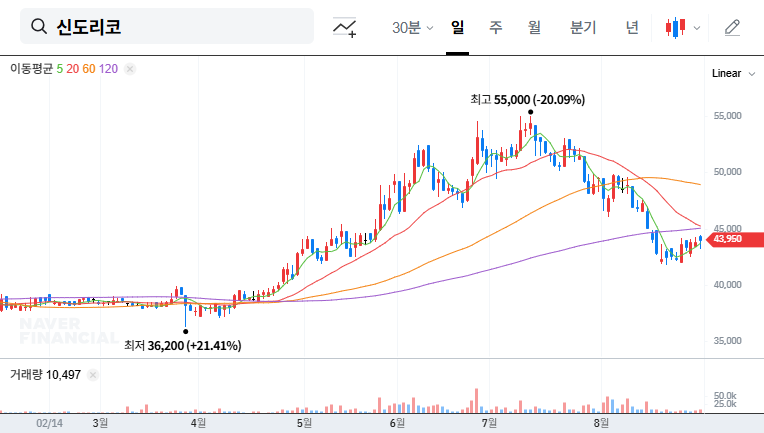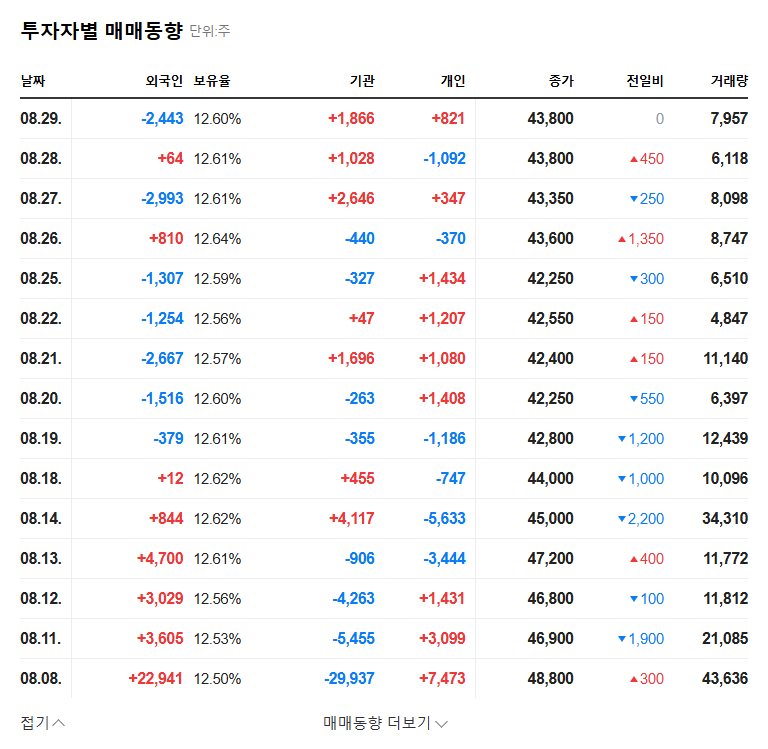
1. What Happened?
On September 1, 2025, Sindoh announced the acquisition of land and buildings in Seongsu-dong, Seoul, for ₩220.21 billion (approximately $2.2 billion USD) through a public auction. This represents about 19% of Sindoh’s total assets and is intended as an ‘investment property’ acquisition.
2. Why This Investment?
Sindoh is currently experiencing declining sales and deteriorating profitability. This investment is interpreted as an attempt to secure long-term growth momentum and strengthen its financial structure through property value appreciation and rental income. Seongsu-dong is an emerging hotspot in Seoul, with high future value expectations.
3. What’s the Outlook?
While this investment could have positive effects in the long run, it may pose financial burdens and liquidity issues in the short term. The current high interest rates and exchange rate volatility are likely to add pressure on Sindoh. The lack of direct synergy with its core business should also be considered.
4. Investor Action Plan
- Funding and Liquidity Management: Carefully review Sindoh’s funding plan and liquidity management strategy.
- Monetization Strategy: Evaluate the expected rental income and return on investment plan to assess the investment’s effectiveness.
- Exchange Rate Risk Management: Review their strategy for managing exchange rate risk, considering the potential for foreign currency transactions.
- Synergy with Core Business: Analyze potential synergies with new business ventures or diversification plans.
- Monitoring Performance Improvement: Continuously monitor Sindoh’s efforts to improve profitability and strengthen its core business competitiveness.
Frequently Asked Questions
Q1. What is the purpose of Sindoh’s investment in Seongsu-dong real estate?
A1. The aim is to secure long-term growth momentum and strengthen the financial structure through property value appreciation and rental income.
Q2. What are the positive and negative impacts of this investment?
A2. Positively, long-term asset value appreciation and rental income are expected. Negatively, there are concerns about short-term liquidity burdens and increased exchange rate volatility.
Q3. What should investors pay attention to?
A3. Investors should carefully consider the funding plan, monetization strategy, exchange rate risk management, synergy with the core business, and efforts to improve performance.


Leave a Reply